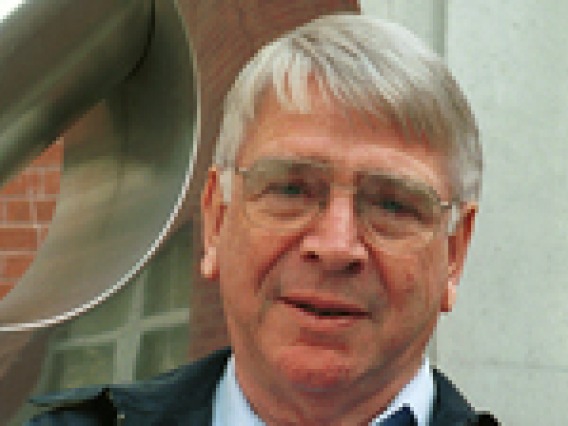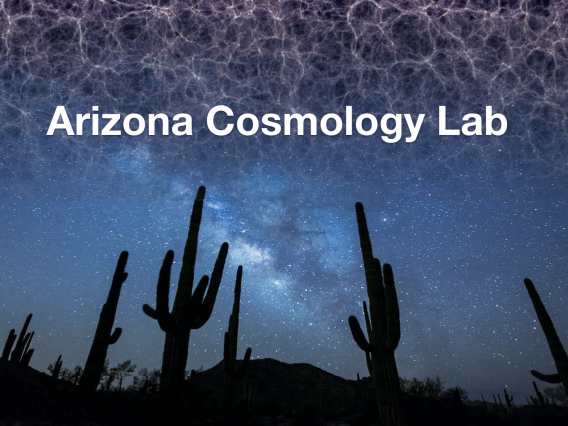
The Bok Postdoctoral Fellowship
The Bart J. Bok Fellowship for Advanced Study in Astronomy and Astrophysics was created in honour of Bart J. Bok, director of Steward Observatory from 1966 through 1970. This three-year fellowship provides an opportunity for a recent Ph.D. recipient to pursue an ambitious program of research in any area of theoretical, experimental, or observational astronomy or astrophysics.

The Alan Brass Prize Fellowship in Instrumentation and Technology Development
The Alan Brass Prize Fellowship for the Development of Astronomical Instrumentation is a three year postdoctoral fellowship in the Department of Astronomy at the University of Arizona. The Brass Fellow pursues an ambitious program of astronomical instrument development independently or in collaboration with the students, staff, and faculty of Steward Observatory.

The Kenneth G. Gibbs Doctoral Fellowship in Astronomy and Astrophysics
The Kenneth G. Gibbs Doctoral Fellowship in Astronomy and Astrophysics was established to support a doctoral fellowship in the Department of Astronomy and Steward Observatory for students pursuing a promising line of research in astronomy or astrophysics. Dr. Gibbs earned a Ph.D. in 1987 from the Department of Physics at the University of Arizona. He developed a technique that advanced the study of very high energy gamma ray astronomy.

Ruth McCutcheon Steward Observatory Postdoctoral Fellows Research Endowment
The Ruth McCutcheon Endowment has been established to support Steward Observatory Prize Postdoctoral Fellowships and/or augment and provide additional support for postdoctoral fellowships in the Department of Astronomy and Steward Observatory. Recipients of these funds will acknowledge the endowment on their science papers.
Ruth was an important part of our Steward/Astronomy community since she joined us as Director of Development for Steward Observatory in July of 2015. During our four years working together, she was a dear friend and passionate supporter of everything we do at Steward. In recent years her efforts included supporting LPL and Planetary Sciences, as well as the College of Science and the Giant Magellan Telescope Organization.

Peter Strittmatter Post Doctorate Fellowship in Astronomy and Astrophysics
The Peter Strittmatter Fellowship will be awarded to a doctoral candidate to purse whatever research objectives are possible in partnership with the faculty at Steward and its ancillary facilities.
Peter Strittmatter was director of Steward Observatory for 38 years. Under his leadership, the department built the Multiple Mirror Telescope (MMT), the Large Binocular Telescope (LBT), the Submillimeter Telescope (SMT), and the Magellan telescopes, and is playing a major role in the creation of the Large Synoptic Survey Telescope (LSST) and the Giant Magellan Telescope (GMT).

Steward Observatory Prize Fellowship in Theoretical and Computational Astrophysics
The Theoretical and Computational Astrophysics Fellow will lead a high-profile, independent research program in any area of theoretical and/or computational astrophysics as well as collaborate with colleagues in Steward Observatory and the Department of Astronomy. The Department supports a wide range of theoretical research programs, in topics such as gravity and relativistic astrophysics, cosmology, compact objects, galactic dynamics, astrophysical fluid dynamics, galaxy formation, star formation, stellar and binary evolution and explosions, and planet formation.

Steward Observatory Prize Fellowship in Cosmological Data Analysis
Cosmological Data Analysis Fellows are expected to lead a high-profile, independent research program in any area related to data analysis of ongoing and future cosmological surveys, in particular DES, DESI, SPHEREx, Rubin Observatory’s LSST, the Roman Space Telescope, and CMB-S4. Applicants should outline their research plans to optimally extract cosmological information using one or multiple of these datasets. Expertise in modeling cosmological observables through analytical methods or numerical simulations, machine learning, statistical inference, and data reduction is beneficial. As members of the Arizona Cosmology Lab, fellows will be provided with priority access to UArizona and national supercomputing resources, close mentorship by experienced faculty, and opportunities to co-advise graduate students and mentor undergraduates.

